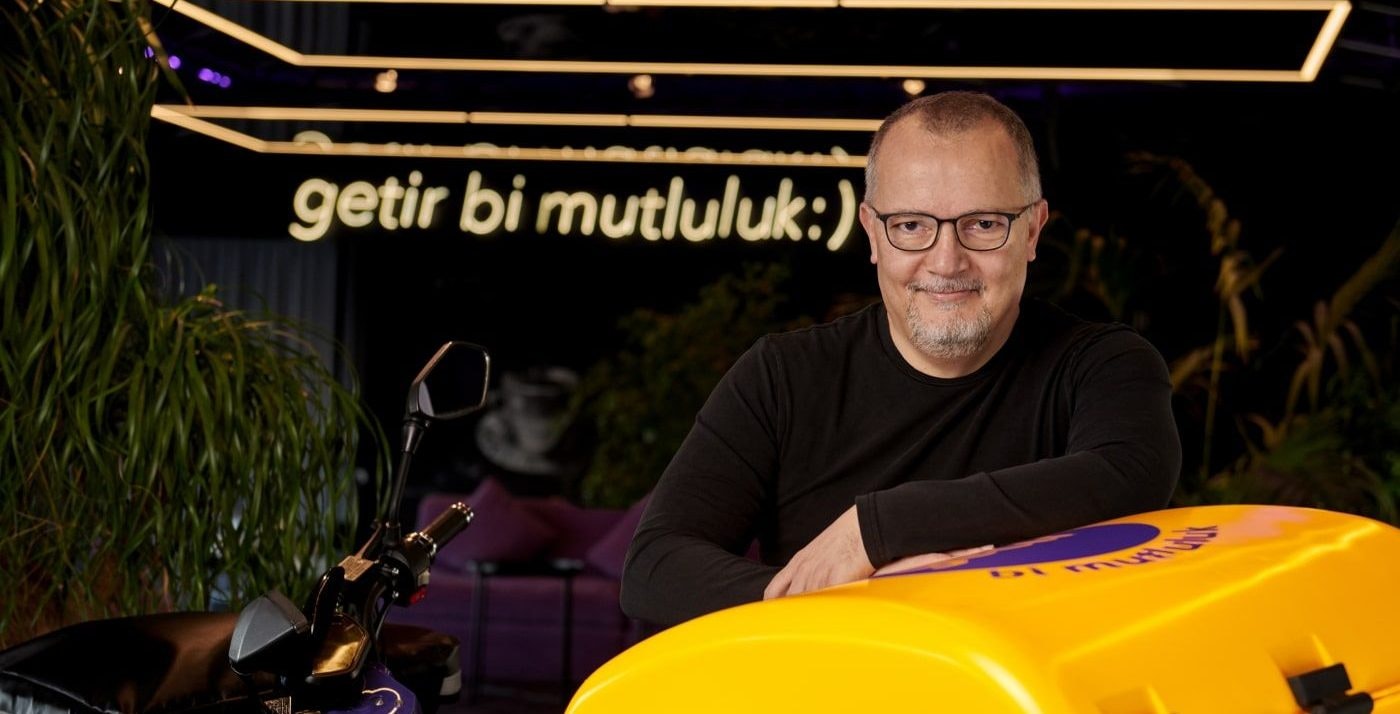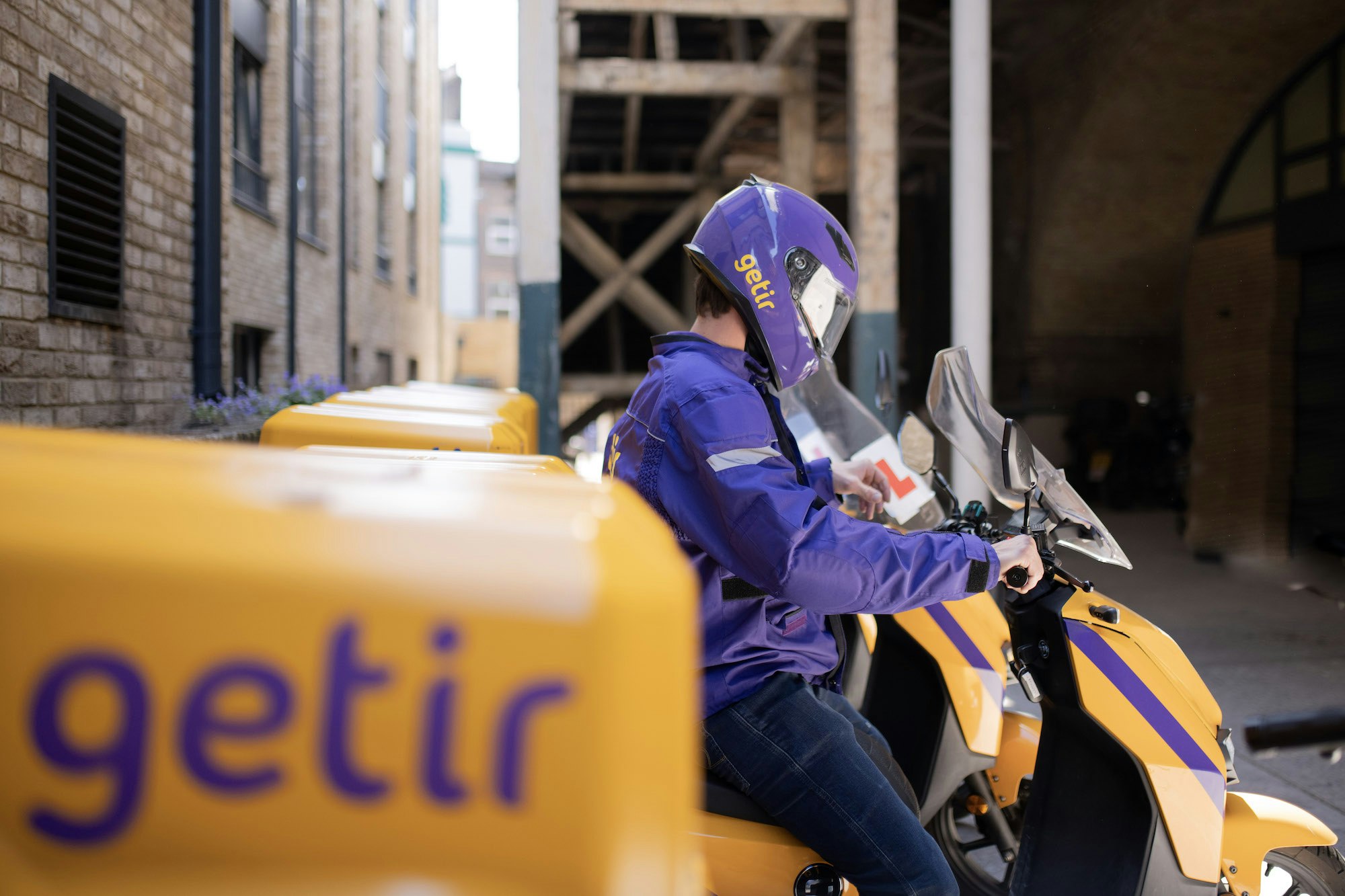On Monday the Turkish speedy grocery company Getir made an announcement that many people had seen coming. After raising more than $2bn in funding from heavyweight investors like Tiger Global, Mubadala and Sequoia, reaching a near $12bn valuation, and acquiring numerous other European startups including UK-based Weezy, Spain-based Blok and finally — and most dramatically — once-$2.1bn-valued, Berlin-founded Gorillas, the company is exiting the US, Germany, the Netherlands and the UK entirely.
“The writing was on the wall for a while,” one former senior Getir employee tells Sifted. “They just didn't seem to be in control of the ship over the last one and a half to two years. We had a feeling that this was going to happen.”
Sifted has reached out to Getir for comment but did not receive a response ahead of publication.
The company will now refocus solely on its home market, in a move that marks a dramatic endpoint for the business that had become the biggest beast in European speedy grocery — a sector that went from VC obsession to laughing stock in just a few short years.
Now, with just a handful of players remaining in Europe, Getir’s exit from the continent presents both an opportunity and a moment of reflection for startups still trying to make a success of the business model.
Some industry watchers blame the tough unit economics that comes with getting orders to customers within 10 minutes, while others say Getir tried to grow too fast, too soon, overly relying on expensive promotions to grow its user base.
So which quick commerce startups are left in Europe, and what lessons can they learn from Getir’s European experiment?
Three main players
Zapp
Funding: $300m.
Where they operate: “most of central London”.
Gopuff (US company)
Funding: $5bn.
Where they operate: just UK.
Flink
Funding: $1.3bn.
Where they operate: Germany, Netherlands, France.
The remaining players have tightened the geographical scope of their operations. At the height of its reach, following several acquisitions of local partners, Getir was active across eight markets: Turkey, Spain, Italy, Portugal, France, Germany, the Netherlands and the UK.
A former senior Getir employee tells Sifted that this led to a culture of celebrating user growth, without keeping an eye on the cash burn that came with acquiring those users via expensive promotions.
“There was a wave of expansion, and that expansion was so aggressive that they lost sight of how the money was being spent,” they say.
“The whole company was very happy about it. But in reality, 80% of the orders were promotions-driven. It was building that culture of, ‘Hey, give me the number of orders and let’s celebrate that,’ versus not actually having your eyeball on how much money you're actually burning to achieve that.”
UK-based Zapp, which withdrew from France and the Netherlands and closed operations in Cambridge, Manchester and Bristol in 2022, says that it’s managed to achieve more sustainable growth by focusing on “winning London,” and that its business is now “operationally profitable” in the city.
“Historically this meant doing very little vouchering, even during the height of the VC market in 2021/22, and ensuring we attracted customers that value convenience more than price sensitivity,” says Zapp SVP of strategy Steve O’Hear.
Unit economics
Getir’s staff costs were also high. Rather than using the gig economy model of paying riders per order, the company paid couriers an hourly wage.
“For the first seven months to a year, there was no one looking at the efficiency of operations, asking, ‘How many riders do you have?’ So people were just sitting around chilling in warehouses and you just ended up paying that cost,” says the former employee. “Then there was a very good sprint in driving efficiency there but it was just too late by then.”
These costs are compounded by promising customers deliveries within 10 minutes, meaning you need a large network of small, local warehouses in cities, where rents are high, while basket sizes (ie. the amount a customer orders at a time) are fairly small.
Grocery companies that offer slower delivery times, like Netherlands-founded online grocers Crisp and Picnic, are continuing to attract VC funding with the promise that less immediate orders will lead to bigger basket sizes and better margins on those orders. Next-day delivery also enables companies to use bigger warehouses, in areas where rents are cheaper, and use drivers more efficiently by asking customers to book delivery slots.
“People aren’t just ordering top-up baskets, but are doing weekly shopping with them [startups like Picnic and Crisp],” says Stephan Soroka, a foodtech researcher who gives operational advice to delivery companies.
“You create a route and your deliveries become more efficient because you can batch the orders.”
Another of those companies that has achieved long-term growth by offering less immediate delivery times is Czech scaleup Rohlik, which was founded in 2014 and is now profitable. Founder and CEO Tomáš Čupr doesn’t hold back with his thoughts on Getir shuttering in Europe.
“The outcome was inevitable. Quick commerce can only work profitably in countries with abundant cheap labour,” he tells Sifted.
Competing with the big boys
Aside from the expensive business of getting orders to customers in 10 minutes, bigger and more established food delivery companies like Glovo, Deliveroo, Wolt and Uber Eats are now doing grocery delivery. This means they can offer a similar service to quick commerce players but with lower customer acquisition costs, due to already having people using their apps.
“Customer acquisition for B2C online marketplaces costs about €70-100 per customer, which is mad,” says the former Getir employee. “The moment you have scale with a food delivery company, like Glovo or UberEats, you save that money, which is a very, very big chunk of your burn.”
Zapp is one company that’s trying to tap into the scale of larger players’ userbases; it’s struck partnerships with Deliveroo and Uber Eats, enabling users to order from Zapp via those better-known apps.
“We make ourselves available on the channels our customers are already using,” says O’Hear, adding that the majority of Zapp’s revenues do still come from its own app and website.
Soroka believes that the future of food delivery in Europe is likely to take two shapes: speedier services provided by bigger players like Glovo, Deliveroo and Uber Eats; and slower services from more operationally lean businesses like Rohlik.
“I don't think we should consider quick commerce as a failure. If we're speaking about pure-play [quick commerce startups] and how many billions in valuations and actual cash they burned, it might look that way,” he says. “But a lot of lessons have been learned, and it's a very big upside for the remaining players.”



